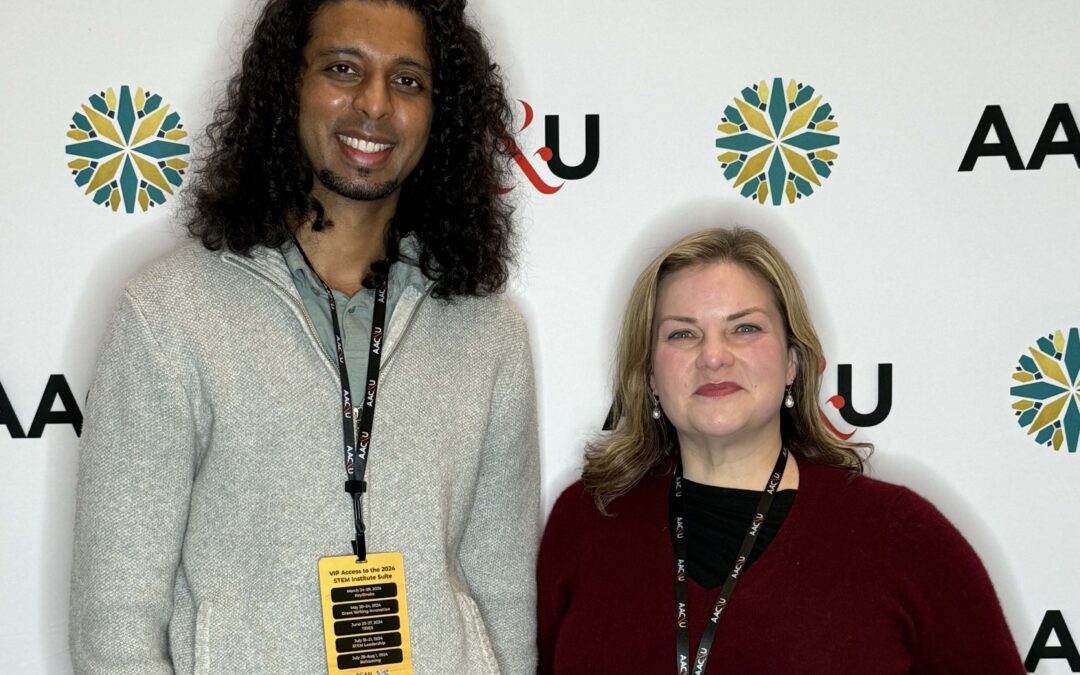Carnegie Mellon University mentors emerging scholars in robotics & artificial intelligence through the Robotics Institute Summer Scholars (RISS) program. Launched in 2006, RISS uses evidence-based approaches and engages an extensive network of mentors to extend the traditional 10-week summer research experience into a multiple-stage scholar development community that benefits students from across the country and the world. A report published by the Computing Research Association noted that students participating in a formal undergraduate research (REU) experience are more likely to apply for graduate school; 15% without formal REU experience vs. 31% with formal REU experience apply to graduate school (Wright, 2020). Meanwhile, in the same period, RISS participants reported upwards of 90% application rate to graduate school*. Working with community partners, I led a project that coupled robotics undergraduate researchers (participating in a summer REU) with the rural community and political leaders to collectively identify barriers to participation in STEM. I aimed to shift from a one-direction service-learning pilot to an ongoing rural-R1 collaboration focused on mutuality and reciprocity by embedding collective impact and appreciative inquiry practices. This shift was essential to create space for creative visioning or futurity that was unencumbered by the traditional myopic focus on economic survival and more centered on the individuals and the possibilities (i.e., individuals viewed simply as workers in a more extensive workforce development system vs individuals who self-author pathways forward). Excited to have one of the presentation partners from the culminating summer workshop, Vishwas Mruthyunjaya, co-present this session and share their reflections.
*-This includes both US and international undergraduate students participating in the RISS program at CMU.

